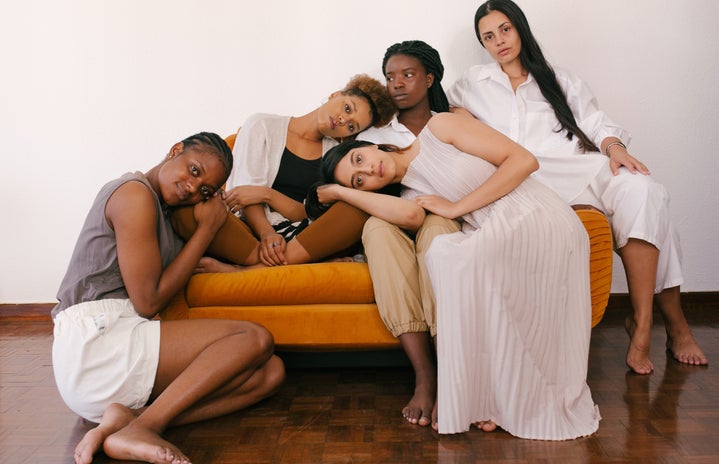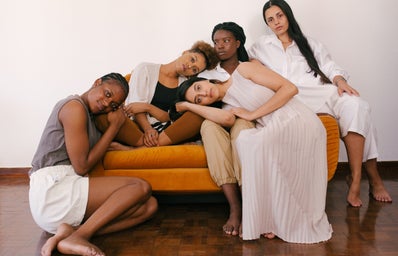From the time I could remember, I, alongside my American classmates, have sat in history classes required to memorize and regurgitate endless historical figures. Although the sad truth is that the countless flashcards I have written throughout those years were dominated by the names of men. “EducationOfficials have a lot to learn about women, according to a new analysis of guidelines for teaching social studies in each of the 50 States and Washington D.C.” There is a lack of representation of women in educational textbooks, and this is discouraging and disheartening for young girls.
After researching the comparison of men vs. women mentioned in American textbooks, I came across a Social Study Research conducted by Professor Kay A. Chick of Penn State. In her studies, Chick claims that “The controversy related to women in history is present not only in the National Standards but also extends into the arena of textbook adoption.” Professor Chick also mentions that currently, 1,335 females are mentioned in popular American textbooks, overthrown by 12,382 males, and this gap is hard to ignore.
March is Women’s History Month, and too many remarkable women have been left out of history altogether and are more than deserving to be included in American Textbooks. Smithsonian Magazine speaks of many significant women mentioned only locally and left out national instruction.
The three astonishing women that stood out to me the most were Biddy Mason, Emily Roebling, and Mary Fields.
- BIDDY MASON
-
Brigette “Biddy” Mason is an American Hero. She was born into slavery in 1818 and persevered to become “one of the first prominent citizens and landowners in Los Angeles in the 1850s and 1860s.” At the age of 30, while taking care of her three young daughters, Mason was forced to walk a grueling 1,700 miles behind a 300-wagon caravan. After enduring slavery in childhood and motherhood, Mason passionately sued her for her freedom at the age of 38. After succeeding in the lawsuit, Mason turned her arduous battle into strength and became millionaire philanthropist and followed her dream to become as a nurse. Using her hard-earned lawsuit money, Mason gifted the entire LA community through her multiple charitable donations that will never be forgotten.
- EMILY ROEBLING
-
Emily Roebling was born in Cold Spring, New York and is known as the first female field engineer in the United States. Emily’s husband, Washington Augustus Roebling, was the chief engineering officer in charge of building the Brooklyn Bridge in New York City. Washington fell ill during the bridge’s construction, and without hesitation, Emily stepped in and took over for her husband as chief engineer for over a decade. At the time, the construction of the Brooklyn Bridge was one of the most dangerous and challenging bridge projects in history, but that didn’t stop Emily and her team as they finished the bridge in under 14 years. A plaque can be found on the bridge with an inscription of “Back of every great work we can find the self-sacrificing devotion of a woman.” Today, Emily Roebling is recognized as “The woman who saved the Brooklyn Bridge.”
- MARY FIELDS
-
Mary Fields, also known as Stagecoach Mary, was an American Pioneer born into slavery in Tenessee around 1832. “It is known that Fields was about 6 feet tall and was capable of doing what was then regarded as ‘men’s work.’” Fields became a housekeeper in the late 1870s and when she left, she brought her physical strength and strong-willed mentality with her which helped Fields to persevere through the continuous trials life gave her. In her later years, Fields became the first black women to be a U.S. mail carrier and she could be seen carrying mail, her rifle, and her revolver across the Montana mountains. Field’s occupation title was a star route carrier, which means she was responsible for protecting mail from all thieves and bandits. The Wild West Legend successfully and safely delivered mail, fighting off any man or wolf that got in her way.
These are just three of millions of women who deserve to be recognized in the United States and in history as a whole. When I read each of the women’s inspiring stories, I was in awe of how United States textbooks still choose to leave so many women of strength out of national instruction.
It is significant and important to highlight more incredible women of history because it will help shape the minds of young girls around the world, and inspire them through seeing what women just like them have the capability of doing.


